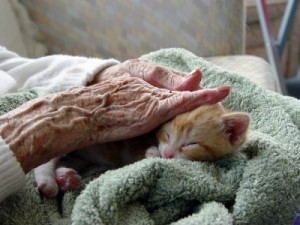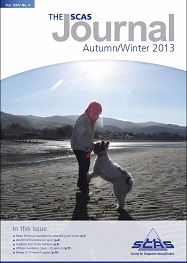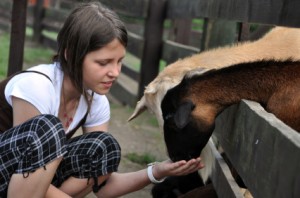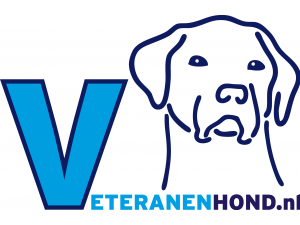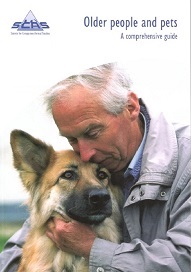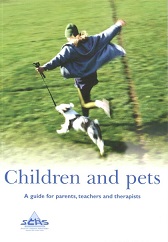The Animals and Society Institute (ASI) and Wesleyan Animal Studies (WAS) invite applications for the second annual undergraduate prize competition for undergraduate students pursuing research in Human-Animal Studies.
ASI and WAS will award a prize to an outstanding, original theoretical or empirical scholarly work that advances the field of human-animal studies. Papers can come from any undergraduate discipline in the humanities, social sciences or natural sciences, and must be between 4,000-7,000 words long, including abstract and references. The winning paper will be published in Society & Animals, aninterdisciplinary journal that publishes articles describing and analyzing experiences of and with non-human animals. Topics can include human-animal interactions in various settings (animal cruelty, the therapeutic uses of animals), the applied uses of animals (research, education, medicine and agriculture), the use of animals in popular culture (e.g. dog-fighting, circus, animal companion, animal research), attitudes toward animals as affected by different socializing agencies and strategies, representations of animals in literature, the history of the domestication of animals, the politics of animal welfare, and the constitution of the animal rights movement.
Eligibility
Applicants must be currently enrolled on a full or part-time basis in an academic program at a college or university, or have graduated from a college or university within the 12 months of the application. Prior first place winners are ineligible, as are papers that have won prizes in other competitions. Students may submit only one paper per year for consideration. Submissions are encouraged from the social sciences, humanities, and natural sciences, and must deal explicitly with non-human animals and/or the human-animal relationship. Students are responsible for keeping prize coordinator updated with current contact information. If student cannot be contacted, the prize is forfeited.
Application Specifications
- Cover sheet with the applicant’s name, mailing address to be used for future correspondence, telephone and fax numbers, e-mail address, present rank and institution name.
- Paper must be 4,000-7,000 words long, including a one paragraph abstract and references.
- The first page should include the title of the paper and the author’s name. The next manuscript page should include the title and a 200-word abstract.
- Papers should be submitted electronically along with a letter by the student’s faculty sponsor, on school letterhead, verifying their enrollment status as a full-time or part-time student, or a student enrolled the previous year (all in electronic format).
Selection Process
The selection committee includes members from a range of disciplines connected to Human-Animal Studies, including editors from Society & Animals. Entries will be rated according to criteria associated with the quality of conceptualization, significance of topic, clarity and aptness of the methods (when applicable), quality of writing, command of relevant work in the field, originality, and contribution to Human-Animal Studies.
Awards
- Winning paper will be published in an issue of Society & Animals
- Next two papers will get honorable mentions and have their abstracts published in Society & Animals
- All three winners will receive a book of their choice from ASI’s Human-Animal Studies book series published by Brill
- Winning papers will be announced on the ASI and WAS websites, and in e-newsletters and other publications. The Committee may decide that no entry meets qualifications as prize winner.
Submission Deadline: August 1, 2013
Applicants should email electronic copies of the paper and cover sheet to paperprize@animalsandsociety.org by the deadline.
 Have you read a good book lately that relates to the human-animal bond? We’d love to hear about it.
Have you read a good book lately that relates to the human-animal bond? We’d love to hear about it.
